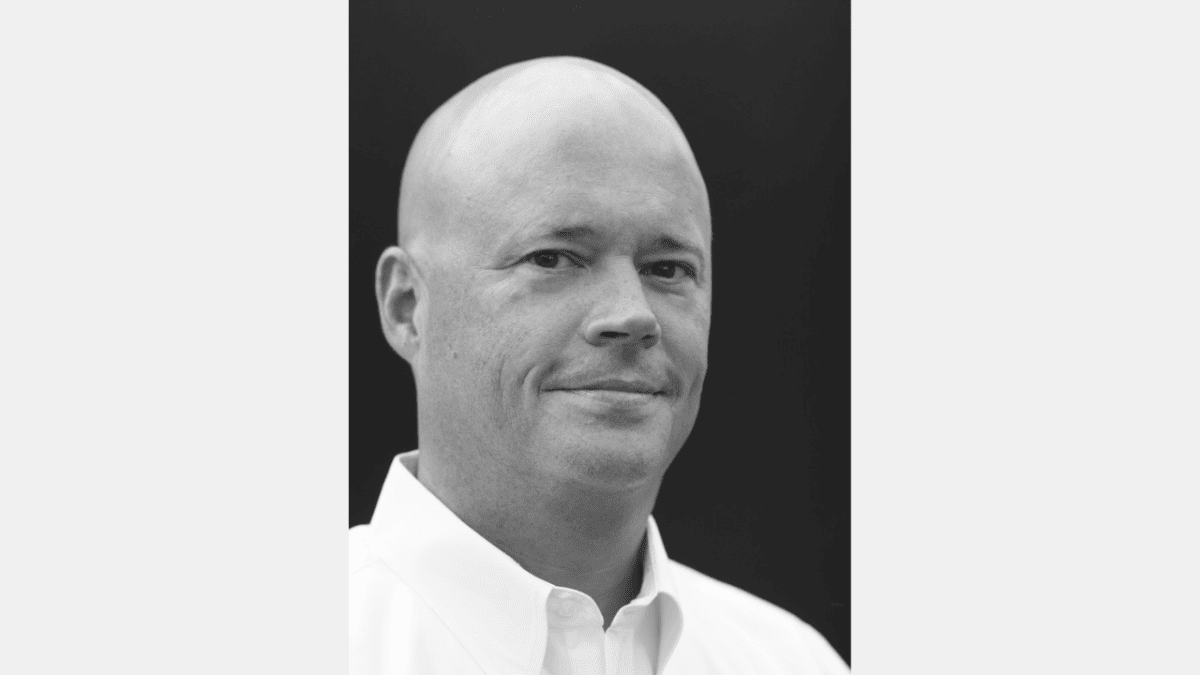The Accelent founder shares his step-by-step guide for securing and succeeding in your next leadership position.
Landing a top executive role is about more than the right experience or an impressive resume. According to John Boehmer, founder and managing partner of Accelent, Inc., there is a framework that will not only help secure the role but also set the stage for success in the role. Boehmer says that it takes strategy, preparation, and a clear understanding of what success looks like to get your perfect role in the executive job market.
“Finding your next executive gig isn’t just about securing your next interview,” Boehmer says. “You have to make sure the role fits your goals, values, and expertise so that when you step into the job, you’re ready for long-term success.”
Boehmer has seen firsthand how top candidates land the right role with over 35 years of experience and nearly 500 executive searches under his belt. His company specializes in placing outstanding startup executives who find success in their new roles. He has developed a framework to guide them from initial planning through their first year on the job. Boehmer shares the Accelent Framework here.
Step 1: Define What Your Next Role Should Look Like
Boehmer shares that his framework starts long before you ever send out a resume. The first step is doing a self-inventory to understand what you really want from your next role.
“Executives often jump into a search without fully understanding what they’re looking for,” Boehmer explains. “You need to be strategic about it. This is your career, not just your next job.”
He recommends starting with the basics:
Geography and Work Environment: Are you open to relocation? Do you want a remote or in-person role?
Industry and Sub-Sectors: Which industries fit best with your expertise and interests? Are there any emerging sectors that excite you?
Role Specifics: What type of leadership position do you want? For example, if you’re in sales, do you want to lead direct or indirect sales? SMB or enterprise clients?
Company Size and Stage: Are you more suited to a startup, a fast-scaling growth, or an established company?
Compensation Structure: Do you prioritize a higher base salary, bonuses, or equity?
“This is where you want to get really specific,” Boehmer says. “Remember, the goal is to find a position where you will thrive.”
Step 2: Your Target List
Once you’ve defined your ideal role, Boehmer suggests targeted research.
“Identify companies in your target area and on the edges. Take note of the key players like the CEOs, board members, and venture investors,” he advises.
Boehmer suggests using platforms like LinkedIn to identify direct and indirect connections you might have with your targets and their key players.
“You want to get inside information about the company. Look for former colleagues, industry peers, and even alumni from the companies you’re targeting that might be able to give you that information,” he says.
Step 3: Prepare to Win the Interview Process
Boehmer believes in preparation, especially when it comes to interviews.
“This is where many candidates fall short,” he says. “They underestimate the level of prep required to really stand out.”
His advice? Review your past successes so they will be top-of-mind.
“Sometimes you can be so focused on your day-to-day work that you forget key achievements or mistakes,” Boehmer explains. “Before the interview, sit down and write out at least two major accomplishments and two significant failures. Get specific. What was the context, what actions did you take, and what were the results?”
These examples prepare you for answering behavioral questions, which start with “Tell me about a time when…”
Boehmer also tells candidates to prepare for scenario-based questions.
“Interviewers use these questions to force you to think on your feet,” he says. “They’re testing your judgment and strategic thinking.”
During the interview, Boehmer recommends keeping answers concise and checking in with the interviewer throughout.
“If you’re giving a long answer, pause and ask, ‘Is this along the lines of what you’re looking for?’ It keeps the conversation on track,” he advises.
Step 4: Ask Intelligent Questions
Boehmer says that interview performance is judged on more than just the questions you answer. Companies also look closely at the questions that candidates ask during the interview.
He has a question that he recommends that every candidate ask, “How will success in this role be measured in the first 6 to 12 months?”
“This question does two things,” Boehmer explains. “First, it shows you’re focused on results. Second, it helps you understand the company’s expectations and whether they’re realistic for you.”
He also suggests asking about company culture and decision-making processes to try and better understand how work gets done at the company. This information will be key to making sure the company is a good fit for you.
Step 5: Close Strong
As the interview process wraps up, Boehmer advises candidates to be proactive and follow up.
“Always ask about next steps and the timeline for a decision,” he says. “Send a thoughtful thank-you note to each interviewer, ideally the same day or by the next morning.”
The Accelent Framework: A Roadmap to Executive Success
But the work doesn’t end when the offer comes through. Boehmer’s framework includes a focus on the critical first 100 days in a new role.
“If you can deliver early wins in your first 100 days, you set yourself up for long-term success,” he says.
John Boehmer’s framework is more than a guide for landing a job. It’s a strategic approach to finding the right fit to ensure you will thrive in the role over a long period of time.
For more information on Accelent’s executive search services and how Boehmer’s framework can help guide your next career move, visit the company website.

